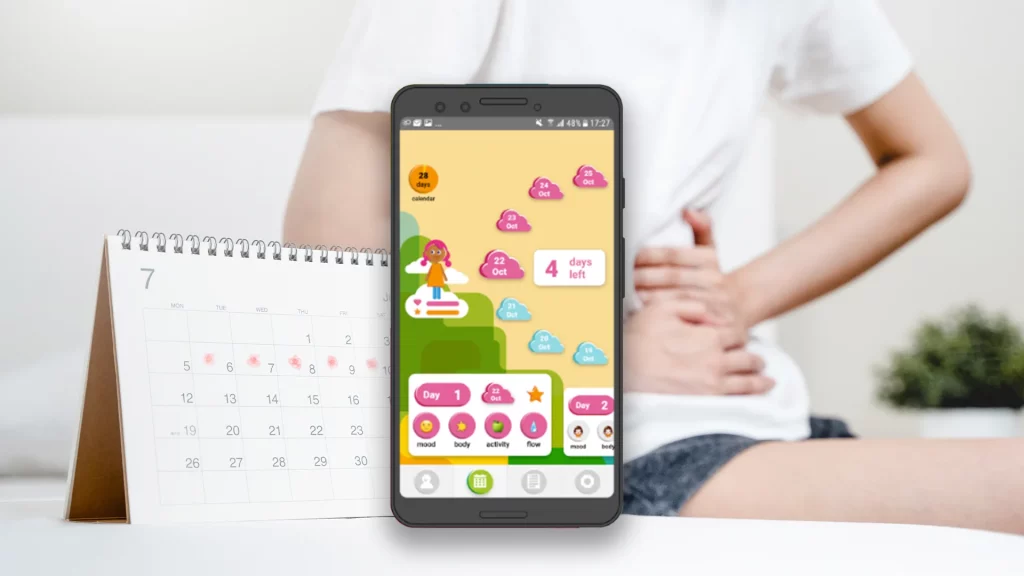Introduction: The Device You Can’t Live Without—Now as a Wellness Tool
What if the smartphone you check hundreds of times a day could track your mental well-being with the same precision as it does your steps or screen time? Advances in sensor technology and behavioral analytics have turned phones into powerful proxies for emotional health, analyzing usage data, movement, speech, and even typing patterns. This evolution turns your screen into a mirror for your emotional state—quietly collecting clues about stress, anxiety, or even depression.
Passive Sensing: Your Mood Leaves Digital Footprints
Passive sensing refers to the invisible ways smartphones gather behavioral data without direct input. Accelerometers track how often you move, gyroscopes sense posture shifts, GPS logs your locations, and screen usage patterns reveal when and how often you engage. Collectively, these passive signals can detect signs of isolation, sleep disruption, or mood shifts. For example, reduced mobility or fewer calls might indicate depression, while erratic activity could hint at heightened anxiety.
Active Engagement: What Your Taps, Swipes, and Scrolls Say About You
The way you interact with your phone—how quickly you type, the pressure of your taps, your scrolling patterns—can also indicate cognitive and emotional states. Several studies have found that people with elevated stress or depressive symptoms type more slowly, make more autocorrect errors, and check their phones either excessively or not at all. Combined with app engagement data, these digital behaviors create a nuanced emotional profile.
Voice and Speech: Mood Detection Through Tone and Tempo
Voice-enabled assistants and voice notes are another rich source of emotional insight. Machine learning models analyze vocal tone, pitch variability, tempo, and pauses to detect emotional valence. Apps like Ellipsis Health and Wysa are experimenting with voice-based journaling, where the AI tracks emotional content and recommends support based on changes in speech pattern. It’s a form of mood diary without the need to write anything down.
Location and Social Patterns: Isolation Versus Engagement
Where you go—or don’t go—can say a lot about how you’re feeling. GPS data helps build context around behavioral change. A person who stops visiting friends, avoids favorite cafes, or stays home for prolonged periods may be showing signs of emotional distress. Some apps even correlate location data with emotional check-ins, giving insights into where users feel calm or anxious. This geospatial-emotional mapping is already being used in pilot mental health studies for young adults.
Screen Time and App Usage: Signals of Mental State or Mere Habits?
App usage tells a story. Excessive social media scrolling may indicate escapism or rumination, while abrupt spikes in news app usage can point to worry or fear. Apps like Mindstrong and Ginger use machine learning to correlate app behavior with standardized psychological assessments. However, not all screen time is harmful—some emotional health apps are designed to encourage introspection and self-regulation. Context, not just quantity, is key.
Combining Biometrics With Digital Behavior
The future of mental health dashboards lies in integrating smartphone data with wearable sensors. Devices like Fitbit, Oura Ring, and Apple Watch provide heart rate variability, sleep metrics, and galvanic skin response data, which can be synced with app usage trends for a comprehensive emotional snapshot. For instance, pairing poor sleep and reduced step count with increased late-night phone usage may signal declining mental resilience.

AI and Predictive Emotional Modeling
Artificial intelligence enables phones to recognize patterns across time. Predictive algorithms flag significant behavioral deviations that may precede emotional episodes. Some platforms now offer nudges or alerts when a user shows digital patterns consistent with prior depressive episodes or panic attacks. These interventions can prompt the user to engage in breathing exercises, contact a friend, or check in with a therapist—before the situation escalates.
Personalized Dashboards: Empowering or Overwhelming?
Some apps now offer personalized emotional dashboards, showing daily or weekly mood curves, triggers, and wellness scores based on behavior. While potentially empowering, this constant feedback loop may also increase anxiety or self-monitoring fatigue for some users. Experts suggest offering users the choice to adjust the depth and frequency of emotional insights, emphasizing gentle guidance over intrusive data dumps.
Ethical Concerns: Who Owns Your Emotional Metadata?
As phones grow more emotionally intelligent, privacy becomes a central concern. Emotional metadata—data that reflects your inner life—can be more sensitive than health records. Who has access to it? Could insurers, employers, or tech companies use it in decision-making? Transparent data governance, user consent, and local processing (rather than cloud storage) are emerging as vital pillars of ethical digital mental health design.
Current Limitations and Future Opportunities
Despite advances, emotional inference from smartphone data is far from perfect. False positives and misclassifications remain common. Moreover, emotional expression is highly individual and culturally nuanced. However, as models grow more personalized and context-aware, accuracy is improving. Future smartphones may include onboard emotion chips, expanding beyond pattern recognition to offer adaptive, emotionally intelligent interfaces that respond in real time.
From Symptom Tracker to Mental Health Ally
What sets the mental health dashboard concept apart is its proactive potential. Rather than reacting to crises, phones can become early warning systems. By visualizing trends and patterns, they help users notice emotional shifts they might otherwise miss. Used responsibly, they promote self-awareness, nudge healthier behaviors, and encourage timely interventions—all from a device you already own and trust.
Conclusion: The Pocket Therapist?
While a phone can’t replace human connection or professional therapy, it can serve as a digital ally—observing, supporting, and gently guiding. The mental health dashboard is a frontier of emotional technology that blurs the line between personal insight and public health tool. If designed with empathy and ethics, your screen may soon become a space of reflection, not distraction—a mirror not just of your day, but of your mind.







































